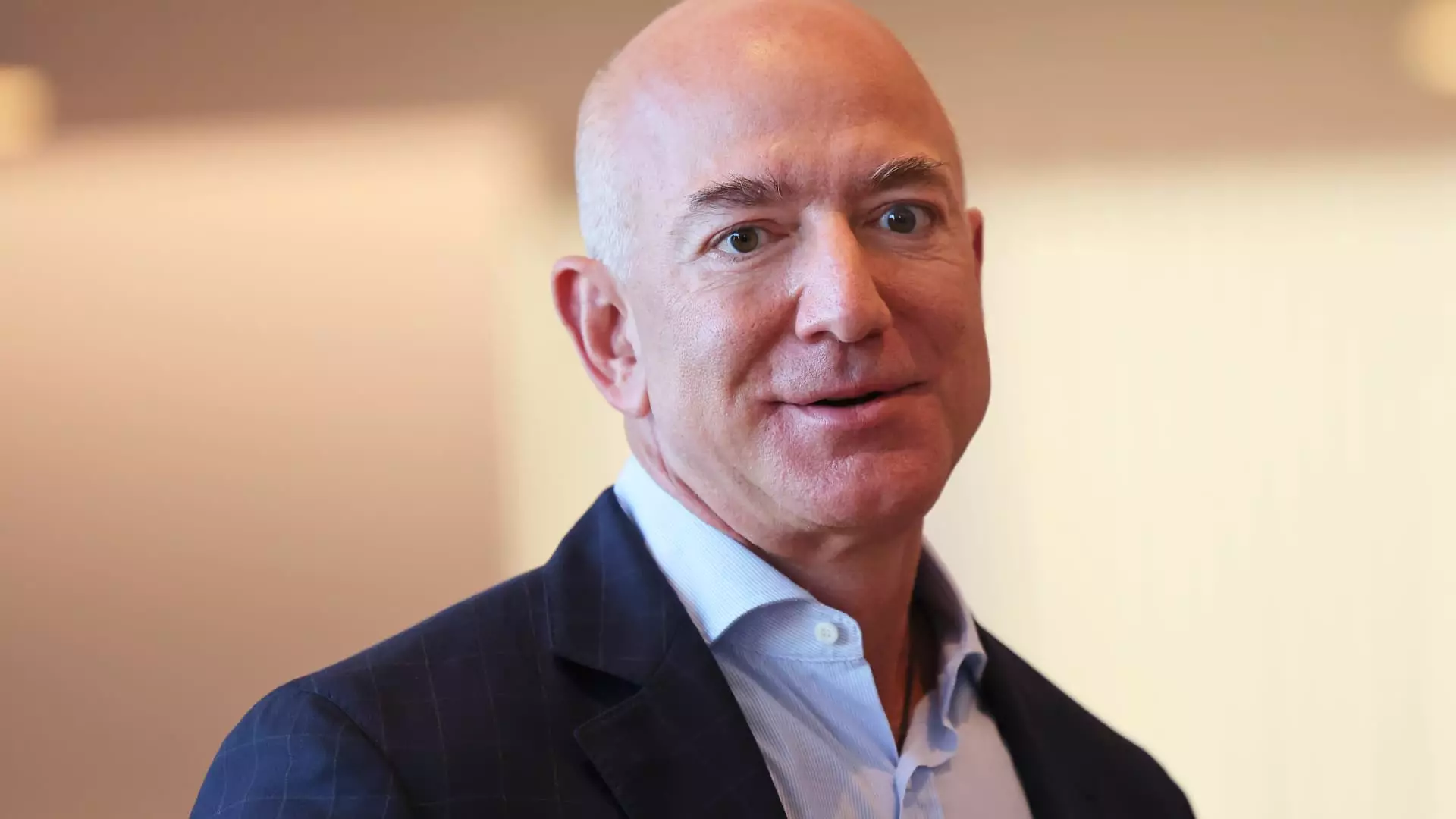In an unprecedented move for one of America’s most prominent newspapers, the Washington Post announced it would no longer endorse presidential candidates, a decision articulated by owner Jeff Bezos in a candid op-ed. This decision emerges from a broader context of diminishing trust in the media landscape, a phenomenon that has not only implications for the newspaper itself but also for public discourse. Bezos acknowledged the move as a “meaningful step” toward restoring faith in journalism, emphasizing a need for transparency and independence, especially in an era marked by increasing skepticism towards the media.
Bezos expressed regret over the timing of the announcement, indicating that publishing it closer to the election heightened emotional reactions and influenced public perception. He stated, “I wish we had made the change earlier than we did.” This acknowledgment of missed timing underscores a critical aspect of media decision-making—how timing can affect the reception of an announcement and, by extension, the institution’s credibility.
Central to the Washington Post’s decision is the belief that presidential endorsements do not significantly sway voter opinions. Bezos pointedly remarked, “Presidential endorsements do nothing to tip the scales of an election.” This assertion invites deeper contemplation on the role of media endorsements in contemporary elections. If these endorsements lack potency in influencing undecided voters, might newspapers instead be tainting their credibility by appearing biased?
Bezos contends that such endorsements invariably create a “perception of bias” which undermines the objectivity readers expect from reputable news sources. This shift towards neutrality reflects a growing awareness within media institutions that perceived partisanship can alienate audiences, exacerbating the very distrust they aim to combat.
However, the decision has not been without repercussions. The announcement reportedly triggered a significant loss of digital subscribers—over 200,000—just days following the news release, a clear indicator of the internal conflict brewing within the publication. Additionally, key members of the editorial board have resigned in protest. These resignations highlight a potential rift between the newspaper’s leadership and its internal editorial staff, giving rise to questions about the future of journalistic integrity within the institution.
As discussed by Bezos in his op-ed, the decision was positioned as an internally made choice, devoid of external pressures or influences from presidential campaigns. He stressed that no quid pro quo arrangements led to this conclusion, noting that “neither presidential campaign was consulted.” This assertion may have been intended to alleviate concerns, yet the context surrounding the announcement, including the concurrent meeting between a member of his space exploration company and then-President Trump, inevitably raised eyebrows.
The larger discourse surrounding the decision to discontinue endorsements is intrinsically linked to a waning public trust in media institutions, a point reinforced by a Gallup poll that ranks the media low among U.S. civic institutions in terms of credibility. Bezos candidly underscored the media’s failures, stating, “Most people believe the media is biased.” This recognition of the problem requires not just acknowledgment but action—building a framework for accountability that re-establishes public trust in journalism.
Moving forward, this transition invites a reevaluation of how newspapers engage with the political process and interact with their audiences. Can a more independent and transparent approach restore faith in the media? Bezos seems to imply this is a necessary evolution, advocating for a model where journalism adheres strictly to accuracy while working to convince the public of its integrity.
The Washington Post’s decision to halt endorsements represents a critical juncture in journalism—a potential model for other media organizations grappling with similar distrust issues. As the landscape continues to evolve, the focus will likely shift toward defining new standards in media ethics that prioritize transparency and impartiality.
Bezos’s bold approach underscores a transformative moment: one that may or may not effectively reclaim citizens’ faith in the press. Regardless of the outcome, it signifies an essential discourse about the responsibilities of media in shaping democracy and fostering informed, engaged citizens. Ultimately, while the implications of this decision remain to be seen, it is evident that the journey to restore trust in journalism will be both challenging and fundamental to the future of democratic engagement.



Leave a Reply